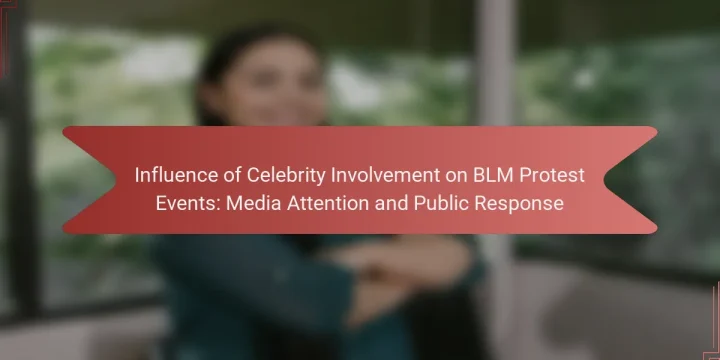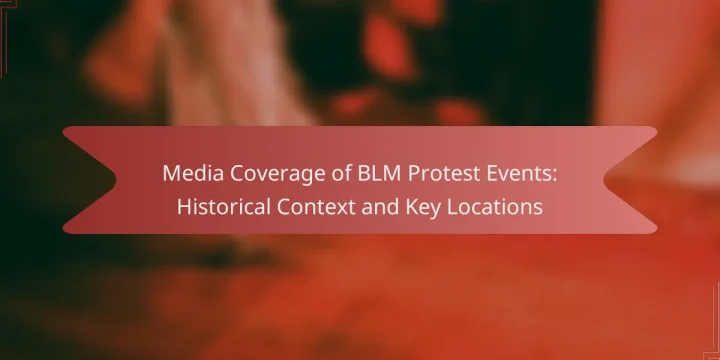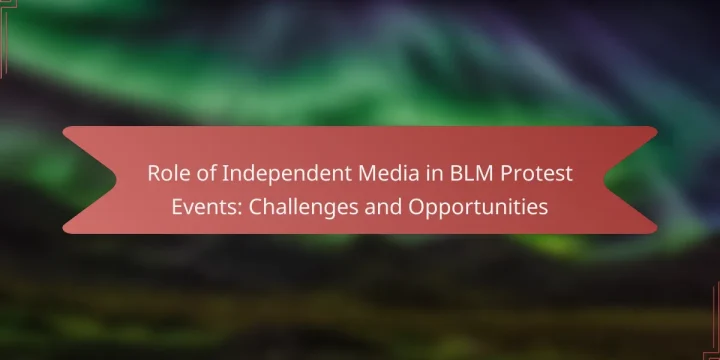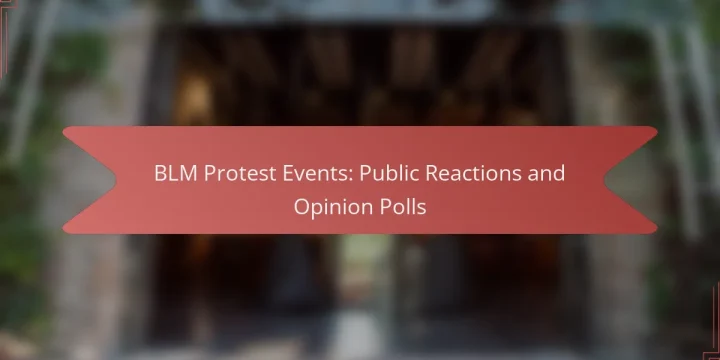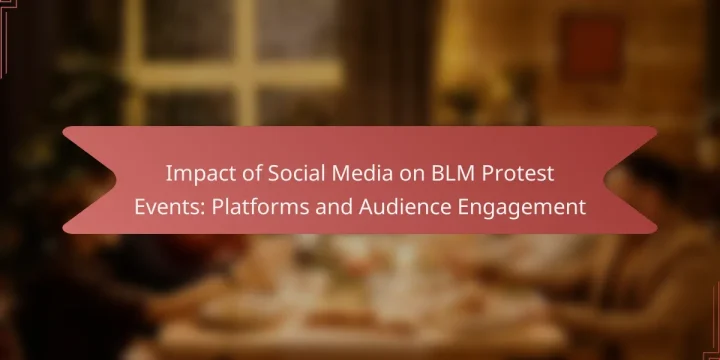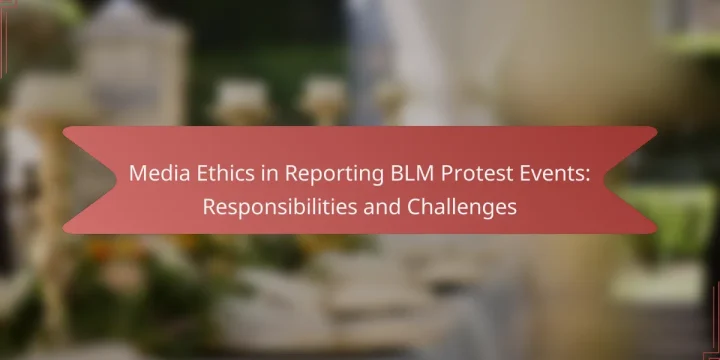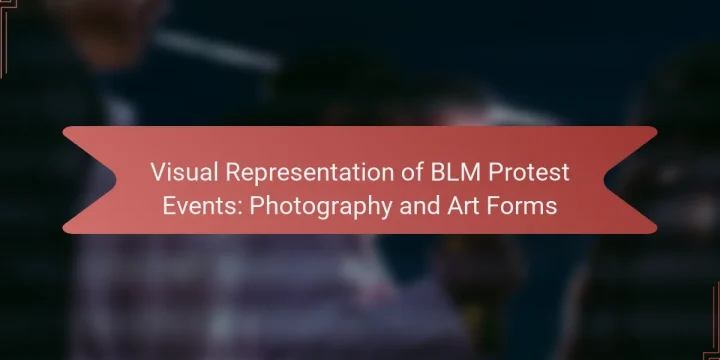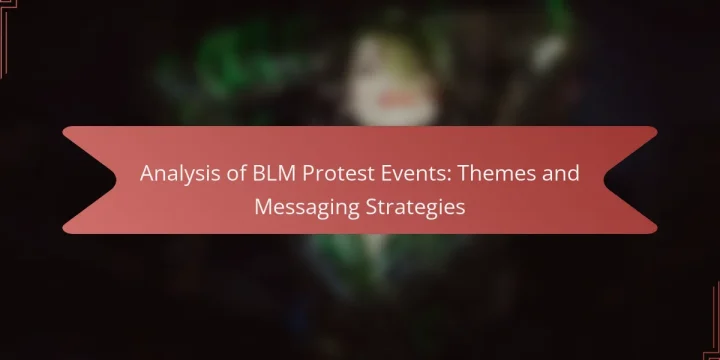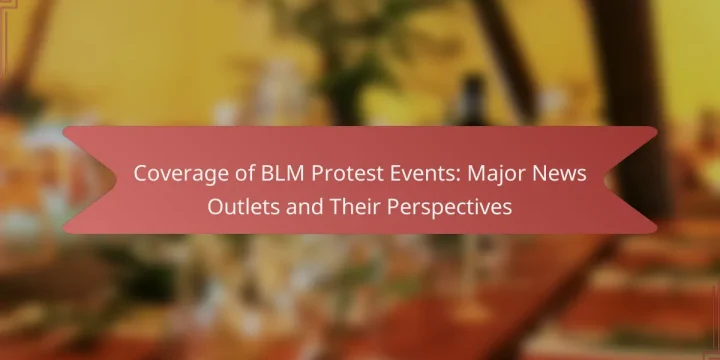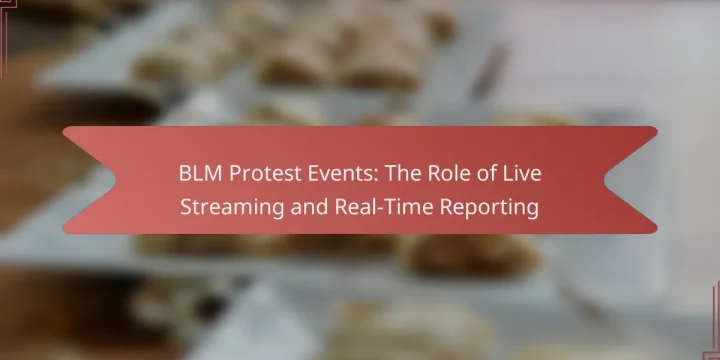
What are BLM Protest Events? BLM protest events are organized demonstrations advocating for racial justice and police reform. These events are part of the Black Lives Matter movement, which gained prominence in response to systemic racism and police violence. BLM protest events typically include marches, rallies, and gatherings in public spaces. Participants express solidarity with victims of racial injustice and demand policy changes. The movement has mobilized millions globally since its inception in 2013. Notable events include the protests following the deaths of George Floyd and Breonna Taylor. These protests often utilize social media for organization and awareness. The impact of BLM protest events has led to significant discussions on race relations in various societies. How do BLM Protest Events impact communities? BLM protest events significantly impact communities by raising…
